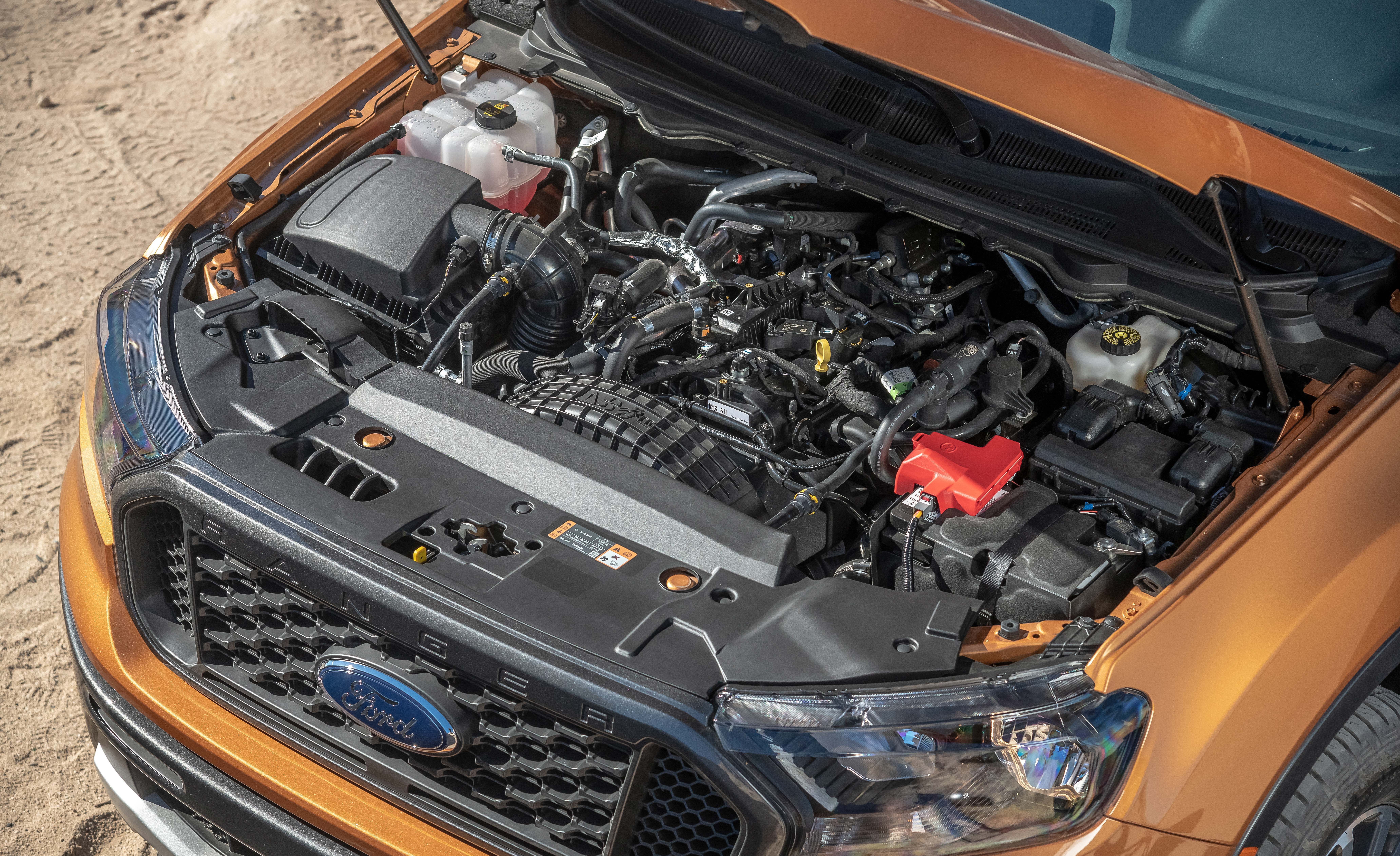Explore the Key Features of the 2.2 Ford Ranger Engine and Its Fuel Efficiency
Explore the Key Features of the 2.2 Ford Ranger Engine and Its Fuel Efficiency
Blog Article
What Makes an Auto Engine Run Smoothly: Top Tips for Ideal Care
The smooth procedure of an auto engine is basic to both efficiency and longevity, making optimal treatment a necessary duty for vehicle owners. What certain actions should you focus on to guarantee your engine continues to be in peak problem?
Normal Oil Adjustments
Among one of the most crucial aspects of automobile maintenance is ensuring your engine gets routine oil modifications. Engine oil lubricates internal components, decreases friction, and helps maintain optimum operating temperature levels. With time, oil weakens as a result of warmth, impurities, and the all-natural by-products of combustion, leading to reduced efficiency and possible engine damages.
A lot of makers suggest changing the oil every 5,000 to 7,500 miles, yet this interval can differ based on driving conditions and oil kind. Synthetic oils might enable for longer intervals in between modifications. Normal oil modifications not only boost engine performance but additionally improve gas effectiveness, as clean oil advertises smoother operation.
Disregarding oil modifications can result in sludge build-up, which impairs blood circulation and can cause severe engine problems. It is vital to examine oil levels regularly and keep an eye on for any uncommon changes in color or uniformity, which could show contamination or degradation.

Preserving Coolant Levels
Preserving appropriate coolant levels is vital for protecting against engine getting too hot and making certain optimum efficiency. The coolant, normally a combination of water and antifreeze, flows via the engine, soaking up warmth and protecting against thermal stress and anxiety. Not enough coolant can bring about boosted engine temperatures, which might create serious damage and even complete engine failing.
To keep optimal coolant degrees, regularly examine the coolant reservoir, typically located in the engine bay. Guarantee the coolant is filled up to the advised mark, as indicated in your automobile's proprietor manual. It is advisable to examine the levels at the very least when a month or in the past lengthy journeys, specifically during extreme weather.
If you notice that the coolant degree is regularly low, there might be a leakage in the air conditioning system, which must be dealt with immediately to stop further issues. 2.2 ford ranger engine. Additionally, purging the coolant system every 2 to three years can aid remove any kind of gathered debris and make certain effective warmth exchange
Checking Air Filters

It is advised to inspect the air filter every 12,000 to 15,000 miles, or a lot more often if driving in adverse or messy conditions. An easy visual assessment can typically reveal whether the filter is unclean or harmed. If the filter appears discolored or has noticeable dirt buildup, it needs to be replaced quickly.
Using a high-quality air filter created for your certain car version can additionally enhance engine efficiency. Additionally, some lorries may profit from reusable filters that can be cleansed and reinstalled, giving a environmentally friendly and cost-efficient choice.
Inspecting Flicker Plugs
Ignition system are important parts of a car's ignition system, directly affecting engine performance and effectiveness. They produce the stimulate that fires up the air-fuel blend in the combustion chamber, assisting in the engine's power generation. Routine inspection of ignition system is essential for keeping optimal engine function and stopping possible problems.
Dark soot or oil down payments can indicate inappropriate burning, while a raw or white appearance might suggest overheating. Both problems require prompt interest to prevent additional engine damage.
It's suggested to check ignition system every 30,000 miles, or as advised in your car's proprietor handbook. In addition, think about changing them according to the maker's guidelines, as old or used find out here now stimulate plugs click for more can lead to misfires, minimized gas effectiveness, and raised discharges.
Surveillance Tire Pressure
Under-inflated tires can lead to reduced gas performance, increased tire wear, and compromised handling. Regular tracking of tire pressure is necessary for optimum lorry procedure.
Tire stress need to be examined at the very least once a month and before long journeys. Make use of a dependable tire pressure gauge to measure the pressure when the tires are cool, preferably prior to the lorry has actually been driven for at the very least 3 hours. Refer to the car's owner manual or the placard situated on the vehicle driver's side door jamb for the supplier's advised stress levels.
It is essential to note that tire stress can rise and fall with adjustments in temperature; a drop of 10 ° F can result in a 1-2 psi decline in stress. Furthermore, visually inspect tires for any kind of indications of wear or damage throughout your tracking routine. Maintaining correct tire stress not only boosts automobile security but additionally enhances fuel performance and extends tire life, ultimately adding to a smoother engine performance.
Conclusion
In verdict, preserving a more vehicle engine's smooth procedure calls for attentive attention to several key elements. Eventually, an aggressive method to engine treatment is necessary for making sure reliability and functionality over time.
One of the most vital facets of car maintenance is ensuring your engine gets routine oil modifications. Engine oil lubes inner parts, lowers rubbing, and aids maintain optimal operating temperatures. Regular oil changes not just boost engine efficiency yet additionally boost gas performance, as tidy oil advertises smoother operation.
Inadequate coolant can lead to enhanced engine temperatures, which may cause extreme damages or also overall engine failure.

Report this page